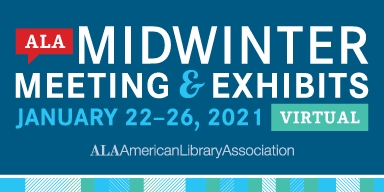American Library Association Midwinter Conference Recap
by Chelsea Barrett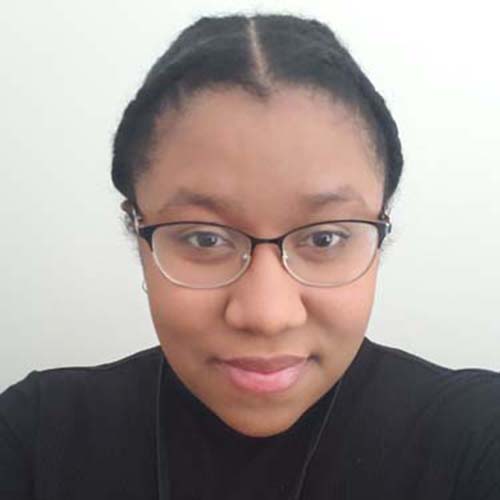
The 2021 ALA Midwinter Conference which took place virtually January 22-26 was full of amazing presentations and presenters! There were engaging talks, revelations and roundtables focusing on various areas of librarianship, on topics ranging from antiracism and women’s suffrage to algorithmic bias and gaming. Some of the talks included high-profile names such as Ziggy Marley, Ruby Bridges, Dr. Jill Biden, Ibrahm X. Kendi, and the late, great Cicely Tyson. Here are a few highlights from conference:
Friday, January 22
Natalie Baszile
Bazile, the author of the book “Queen Sugar” which has since been made into a television series, spoke on the desire to shift the narrative on agriculture, farming, and labor. In her new book “We are Each Other’s Harvest”, Bazile discusses land ownership and land stewardship from a nonfiction lens, seeking to include the complicated history of black farmers and agriculture into the perception of farming and land. This was an engaging talk steeped in history and cultural context which makes her new book must-read.
Recommended Read: “We Are Each Other’s Harvest: Celebrating African American Farmers, Land, and Legacy”
Ruby Bridges
Civil rights activist Ruby Bridges, spoke of her new book “This is Your Time” which speaks on her experience as the first black student in a desegregated elementary school, all at the age of 6 years old. In the telling of her story, Bridges speaks on how her recently passed mother gave her the determination, inspiration, and strength to get through the hateful and impassioned situation she was placed. Some of the pertinent themes were the protection of Bridges’ innocence by her parents as well as the protection and support given to Bridges by one of her white, female teachers. This was a very inspired talk and alludes to the deep messages embedded in this work.
Recommended Read: “This is Your Time”
Saturday, January 23
Ibrahm X. Kendi and Keisha N. Blain
#1 New York Times bestselling author Ibrahm X. Kendi and award-winning historian, professor and writer Keisha N. Blain discussed a new book they both co-edited titled “Four Hundred Souls: A Community History of African America 1619-2019”. This work involved the bringing together of 80 black writers to write about the history of community, regardless of gender, immigration, and other factors. Of the 80 different writers, who wrote 5 years of African American history (400 years), there are10 poets who wrote poems as interludes In the process of writing this book, the writers not only reflected history but also made history in the process.
Recommended Read: “Four Hundred Souls: A Community History of African America 1619-2019”
Ziggy Marley
Eight-time Grammy Award winner, author, philanthropist, and reggae icon Ziggy Marley spoke at the ALA Conference and shared two up and coming books— “My Dog Romeo” and “Music is in Everything”. He explained that many of the ideas for these books came from encounters with nature and his children, showing the organic nature of his thought process. If that was not enough of a treat, Ziggy Marley then proceeded to grace us with a musical performance of “Music is in Everything”! These children’s books are ones to place on your shelves!
Recommended Reads: “My Dog Romeo”
“Music is in Everything”
Sunday, January 24
Cicely Tyson
It was an honor to hear the legendary Cicely Tyson speak at the ALA Midwinter Conference, 4 days before her passing. Throughout her illustrious career she has taken on roles which served a purpose to her personal philosophy on advocating for Black women and promoting positivity in the midst of a tortured history. During her talk, Mrs. Tyson spoke on the release of her autobiography “Just As I Am: A Memoir”, a timely release for such a sensational woman. She spoke on her experience as an actress, highlighting issues for Black women actresses, economic issues that impacted the industry and offered inspirational and enlightening advice to the audience. She spoke with an earnest tone, wanting to uplift those who read her memoir to not be swayed by her experiences but rather motivated to combat these challenges and rise above any obstacle life may bring. Again, it was an honor to hear Mrs. Tyson speak and it is a privilege that her legacy lives on in her wonderful memoir.
Recommended Read: “Just As I Am: A Memoir”
Ian Kitajima
Ian Kitajima, the Oceanit Director of Corporate Development, “Corporate Intrapreneur of the Year” (2017) and “Social Impact Enterprise of the Year” (2018) spoke on Artificial Intelligence as it currently exists and the implications of AI going forward. One of the highlights of this talk was the presentation of a video which showed a Google Assistant making an actual haircut appointment for the user in real-time! It was using Google Duplex which is something that may be worth exploring. There was also talk of the changing landscape where data can be a superpower skill for students and the overall community. Other examples shown were how Artificial Intelligence can be used to measure social distancing by honing into how far apart people are from one another and a video game where the person is the controller. Clearly, the world of AI is continuing to grow and as Mr. Kitajima pointed out, we must evolve with it!
Recommended Viewing: SHU Libraries Data Ethics and Literacy Guide
Monday, January 25
Dr. Jill Biden
The closing speaker for the conference was First Lady of the United States Dr. Jill Biden, a lifelong educator, community college professor, author, and advocate for the rights and welfare of women, girls, and people with disabilities. During her talk she focused on the importance of reading and learning, specifically homing in on her love of reading and the joy and beauty found in books. Dr. Biden stated that loving to read means loving to learn and through that learning process comes connection, understanding, compassion and wisdom from those who came before us. Through learning, who we are and who we can become are revealed and what a better place to discover yourself than within a library! Libraries fulfil a purpose as a place of information for all, a place for community and a place where expertise and education are offered. Utilize this space for exploration and develop critical information skills and you will be on your way!
Recommended Reads:
“Where the Light Enters: Building a Family, Discovering Myself”
“JOEY: The Story of Joe Biden”
For more information on up-and-coming events, please continue to visit this blog and follow @SHU_Libraries on Instagram and Twitter.



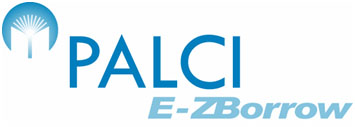
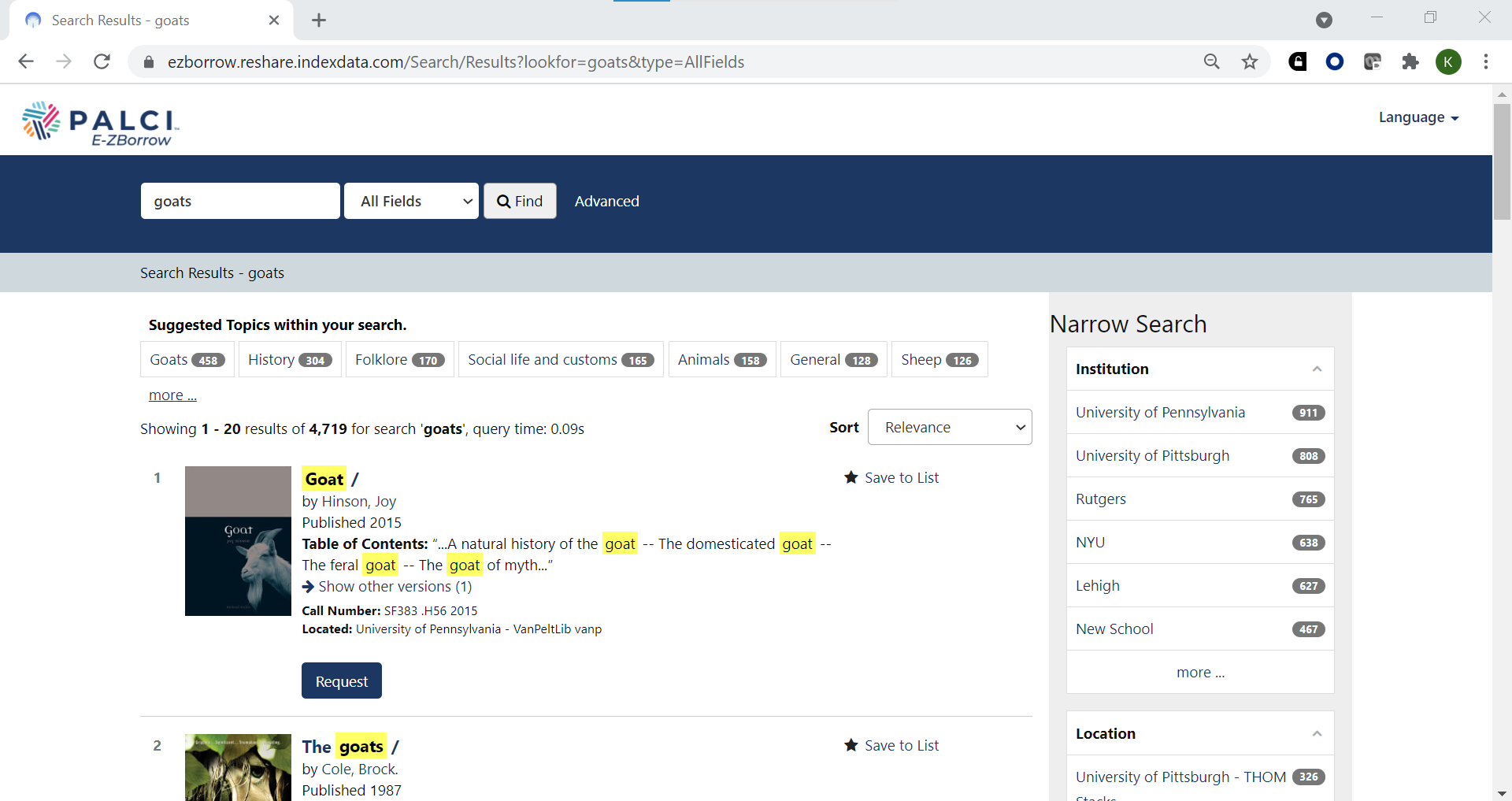
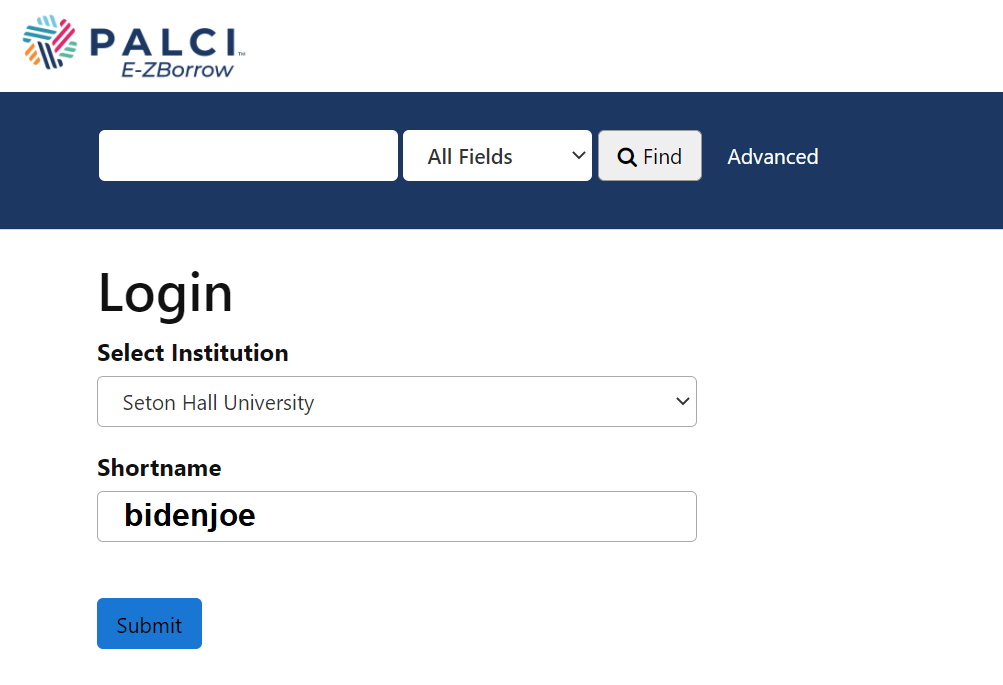

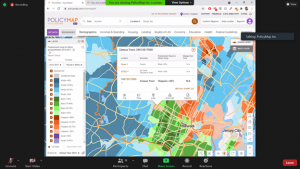 Information about new features is listed below:
Information about new features is listed below:



